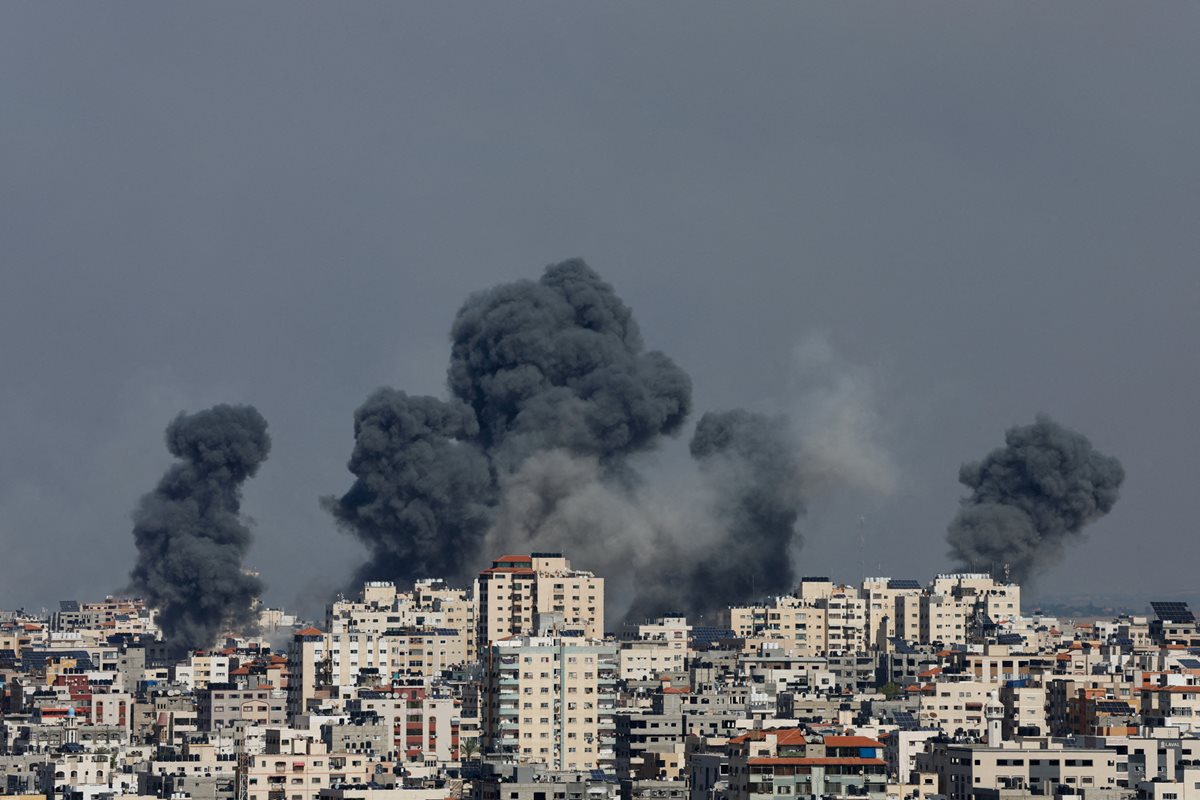Hamas announces openness to any proposals for a permanent ceasefire
Hamas has reportedly announced its openness to any ideas or proposals for a permanent ceasefire in the Gaza Strip.
Iran denies involvement in Hamas-Israel conflict despite reports. Explore the complex Middle East dynamics.

Military leaders from Iran reportedly played a pivotal role in assisting Hamas, the group governing the Gaza Strip, to strategize a multifaceted attack on Israel, marking one of the deadliest assaults in years. Insights from the Wall Street Journal reveal that officers from Iran’s formidable Islamic Revolutionary Guard Corps (IRGC) have been collaborating with Hamas since August to craft an intricate offensive against Israel, encompassing land, air, and sea operations.
This intricate planning unfolded during multiple meetings in Beirut, where IRGC officers engaged with representatives of four Iran-backed terrorist organizations, which included not only Hamas but also Hezbollah. Hamas maintains control over the Gaza Strip, while Hezbollah operates as a Shiite militant group and political faction in Lebanon.
In response to these revelations, Iran’s mission to the United Nations issued a statement refuting any involvement in one of Israel’s deadliest attacks in history. The attack orchestrated by the Islamist group Hamas resulted in the death of approximately 700 Israelis and the abduction of dozens more. According to Iran’s U.N. mission, the actions taken by Palestine should be seen as legitimate defense against decades of oppressive occupation and grave crimes perpetrated by the “illegitimate Zionist regime.”
Advertisement
The Iran-Hamas relationship, though complex, stems largely from their shared enmity towards Israel. Despite their religious disparities—predominantly Shia Iran and Sunni Hamas—their common objective of opposing Israel has taken precedence. Iran’s consistent provision of substantial financial and military aid to Hamas underscores its view of the Palestinian group as a crucial ally in advancing its broader regional ambitions. This support encompasses the supply of weaponry, financial assistance, and military training for Hamas fighters, enabling them to bolster their military capabilities in the Gaza Strip and pursue their resistance efforts against Israel.
The backdrop against which this relationship unfolds is a landscape of shifting power dynamics and geopolitical intricacies in the Middle East. Iran’s backing of Hamas fits into its broader strategy of challenging Sunni Arab states that align with the United States and Israel, thereby expanding its influence across the region.
Nonetheless, the Iran-Hamas relationship has not been without its challenges and fluctuations, influenced by evolving regional dynamics and political developments. Over time, Hamas has sought to navigate a delicate balance between maintaining ties with Iran while simultaneously improving relations with Sunni Arab nations, exemplifying the intricate nature of Middle Eastern politics and the continuous evolution of alliances and rivalries in the region.
Advertisement